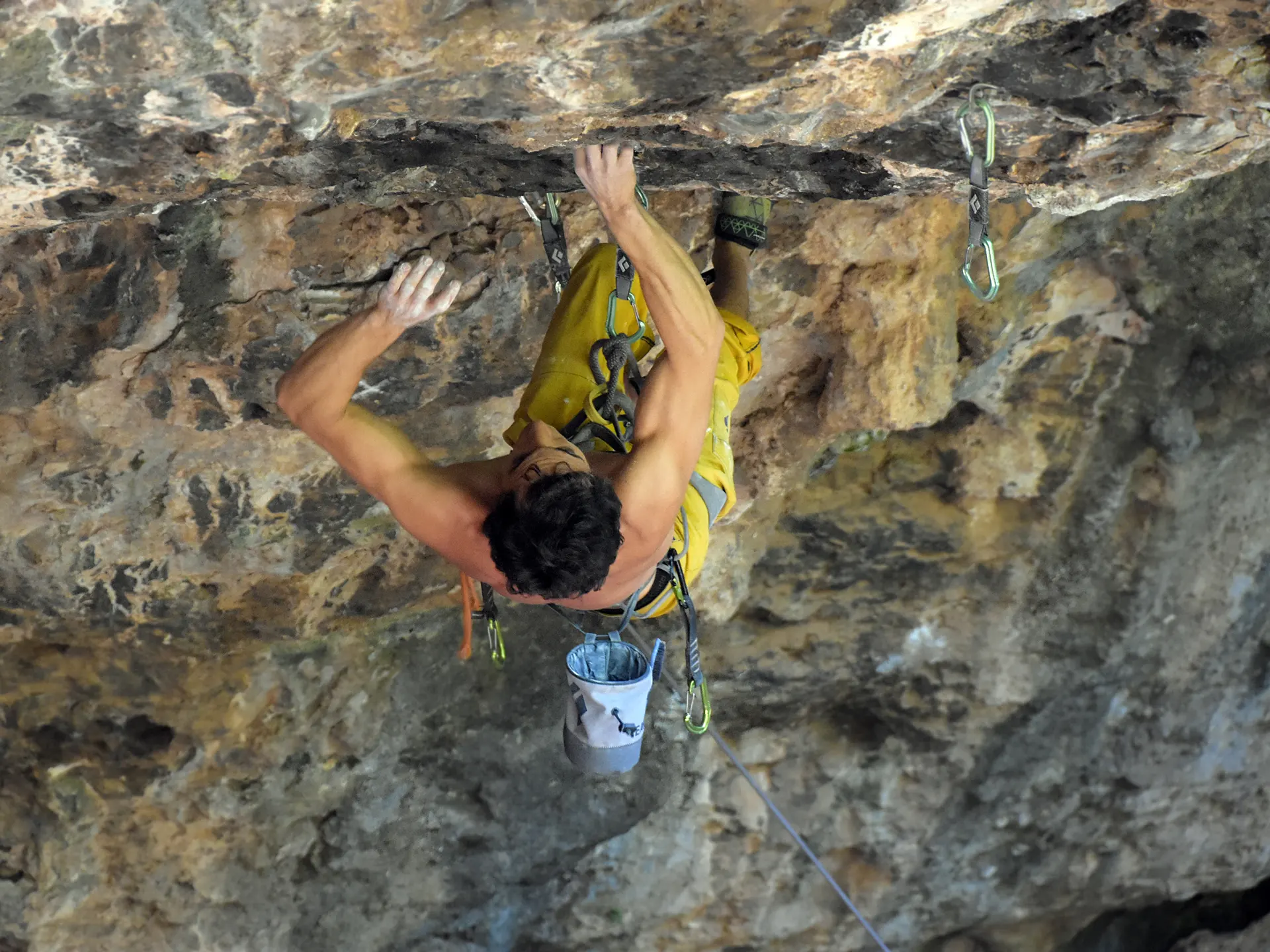In my role as a Mountain Leader, I’ve walked with lots of individuals and groups around the peaks of the UK, from corporate teams seeking respite from boardroom battles, to individuals looking to rediscover their inner strength. One concept that resonates deeply in both my line of work and in the lives of those I guide is redlining. Though often associated with the relentless drive of the UK’s elite Special Forces (UKSF), redlining is a widespread issue that affects many of us, potentially undermining our health and productivity.
What is redlining?
Picture this: you’re driving a car, accelerating hard but not shifting gears. Soon, the needle smashes into the red. The car is still running, but at what cost? If you persist, the engine will inevitably break down.
Similarly, our bodies and minds can handle bursts of high stress, but sustained pressure without relief leads to deterioration. Whether you’re a mountain climber or a manager, the principle is the same.
Why do elite operators redline?
During a recent conversation with a sports psychologist who works with UKSF. These operators, typically ‘A-type’ personalities, thrive under adversity and are accustomed to constantly pushing their limits. This continuous drive, whether on deployment or at home, leads them to frequently redline.
How you might be redlining
Today, life seems busier than ever. Family responsibilities mount, your employer demands more, and the pace of business accelerates relentlessly. This barrage of demands can push anyone into the red zone, not just our special forces.
What effect does redlining have?
The primary impact of constant high pressure is stress, leading our bodies and minds to falter. This often results in unhealthy lifestyle choices. Additionally, when you’re always running at maximum capacity, what reserves will you have when truly significant challenges arise? Just like UKSF need fuel in the tank for operations, you too need reserves to handle life’s unexpected trials.
How can you fix it?
The first step is recognising the issue. Reflect on your lifestyle and identify the habits that are pushing you into constant stress. Are you skimping on sleep? Is your diet helping or hindering you? Are you finding time to step outside and engage in physical activity?
Returning to basics can rebuild your capacity. Improve your sleep, refine your diet, and integrate regular physical movement into your day. Remember, building capacity isn’t a waste of time—it’s preparing you to face adversity with resilience.
When i’m taking people in the hills and mountains, understanding and respecting one’s limits is crucial, not just for safety on the mountain, but for maintaining one’s health and vigour. As you forge ahead in life and business, consider the wisdom of the mountains: to reach the peak, you must manage your energy wisely, ensuring there’s enough in reserve for the journey down. Redlining might get you up fast, but it won’t get you back safely.






